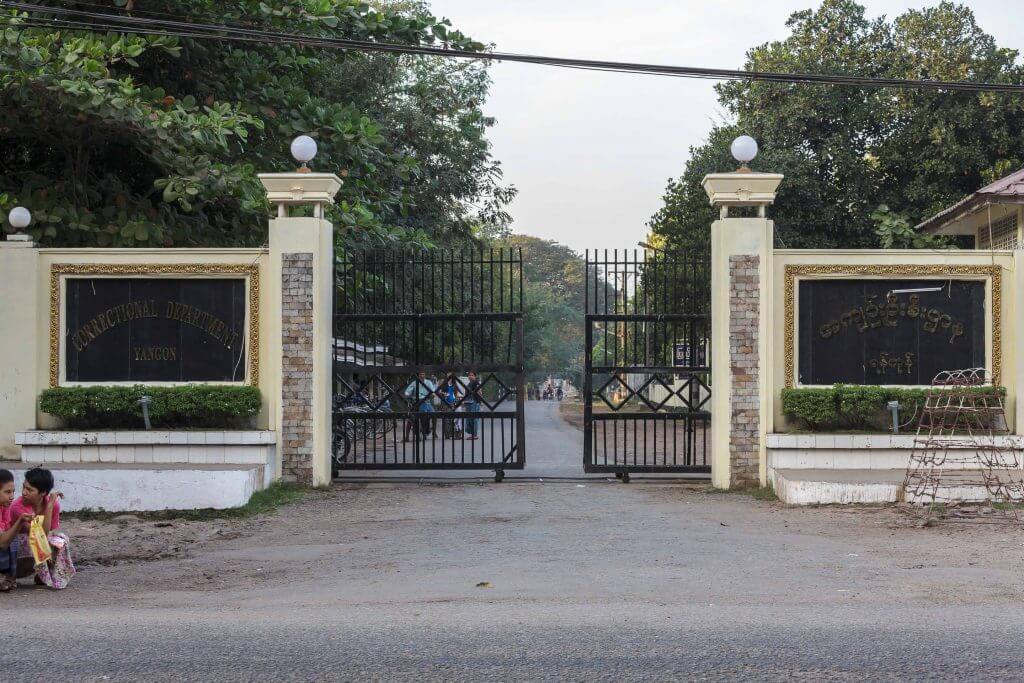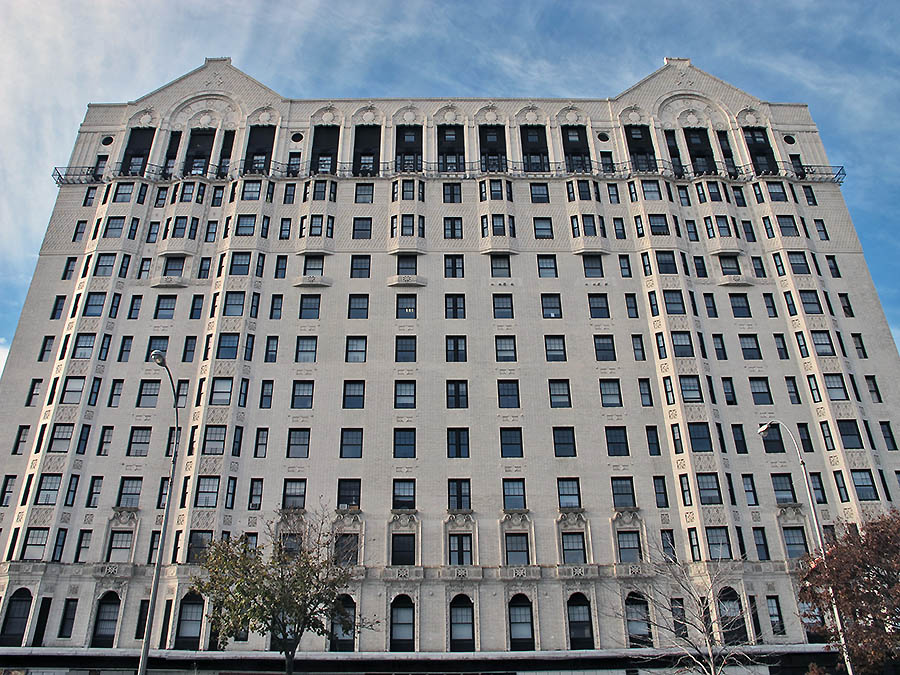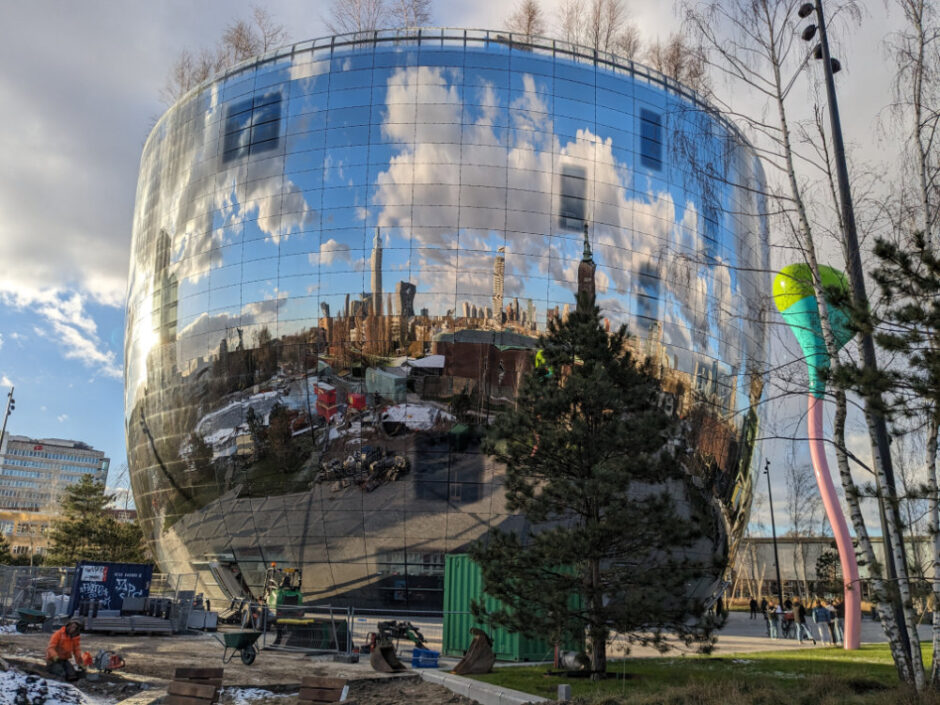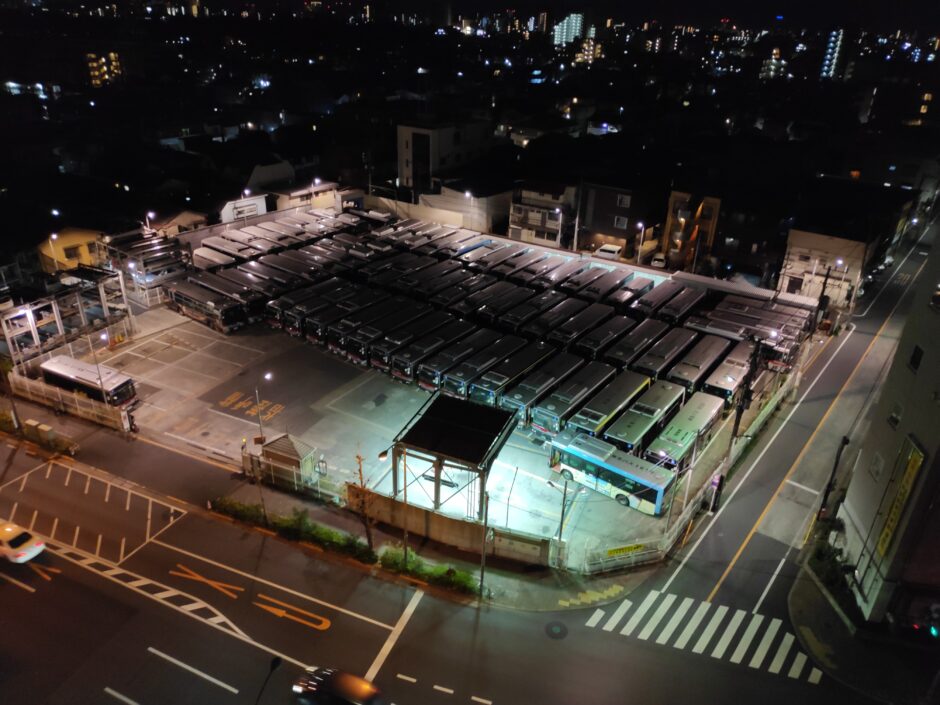We went back to Europe for the first time in two years, and really for the first time since COVID. We made stops in Germany (countryside, Berlin, Hamburg, Dresden and Leipzig), London and Rotterdam. Not counting the two COVID sojourns in 2020 and 2021, we last lived in Europe in 2012. The distance–mental and physical–is clearly having an effect on how I perceive this part of the world, my “home”, or is it? It was a blast to be back. Some memories and observations for the record.
Australia’s Great Housing Divide
I listened in to this presentation today, organized by The Australia Institute, a progressive think-tank. It featured financial commentator Alan Kohler introducing and taking questions on his recent piece in the Australian Quarterly Essay.
While I still have to lay my hand on the issue, today’s talk along with this Guardian extract gives you the gist of what Kohler’s arguments are. I wanted to jot down some notes from the talk, and add some of my thoughts that have been accumulating over the past two years. Continue reading
An Unlikely Prisoner

Yangon Correctional Facility aka Insein Prison (photo by Manuel Oka)
I just finished reading An Unlikely Prisoner by Sean Turnell. The economist used to be a key adviser to Aung San Suu Kyi and her NLD-led government before the coup d’etat in 2021, which ousted her democratically elected government from power. Continue reading
Harlem revisited in books
 Harlem is on my mind again these days as I am about half-way into Colson Whitehead’s Harlem Shuffle. A heist on the iconic Hotel Theresa is at the heart of it. Almost exactly ten years ago to the day, I put up a post on this blog recounting some of the building’s history. One aspect I wrote about–the Cuban delegation’s visit to New York in 1960–is beautifully laid out in Simon Hall’s Ten Days in Harlem, which I recommend to everyone. It’s amazing how such an important event in world history played out in this very building up the road from where we lived for a year between 2013-14. Continue reading
Harlem is on my mind again these days as I am about half-way into Colson Whitehead’s Harlem Shuffle. A heist on the iconic Hotel Theresa is at the heart of it. Almost exactly ten years ago to the day, I put up a post on this blog recounting some of the building’s history. One aspect I wrote about–the Cuban delegation’s visit to New York in 1960–is beautifully laid out in Simon Hall’s Ten Days in Harlem, which I recommend to everyone. It’s amazing how such an important event in world history played out in this very building up the road from where we lived for a year between 2013-14. Continue reading
Getting back to work – debt in South Asia
My post on debt restructuring from earlier this year has kept me thinking. I sit in a line of work that deals with these issues every day, from an IFI and banking sector point of view. Lots has happened since February, and I have regularly written professional updates on the situations in Pakistan, Sri Lanka and Bangladesh, which face(d) variable degrees of balance of payment crises.
Alas, my day-to-day does not allow for a deeper soul-searching and analysis of the underlying forces and trends that also matter in this debate. Given that I studied under people very critical of IFIs (and calling myself a heterodox economist if pushed for a self-characterization), I feel obliged to look a little deeper, academically speaking, into the political economy of these crises. Continue reading
Meguro bus depot
Neoliberalization of urban planning
This open-access Cities article caught my eye. The authors (Kidokoro, Matsuyuki and Shima) ask whether spatial inequalities have become more evident with globalization and neoliberalization, how urban planning has been affected by the mix between the development state and neoliberalism, and how informal settlements are are positioned in urban policy. The case studies are Tokyo, Bangkok, Mumbai and Jakarta–the first three of direct interest to me.
Vision and practice: the 1967 Robson Report on the Tokyo Metropolitan Government
The fourth article to be inspired by my PhD thesis has now been published in Planning Perspectives. Besides Planning History (which has a US focus), the journal is the go-to place for historical research on urban planning. I thought this might be the best fit for my work on the 1967 report by Professor Robson, which I had become intrigued about during my studies. It took a while from jotting down first thoughts to presenting at last year’s AAS to putting the manuscript through a total of three revisions — but here it is! Also see my ResearchGate profile to request the full text if you don’t have access.
Abstract: This article critically evaluates a 1967 consultancy report on the Tokyo Metropolitan Government (TMG) by Professor William A. Robson. Robson, a pioneer of public administration science based at the London School of Economics his whole academic life, provided an in-depth analysis of the state of the Japanese capital during its high-speed growth spurt and at the beginning of the socialist Minobe prefectural administration. While many of Robson’s assessments and criticisms were poignant, his report failed to appreciate contextual intricacies as well as Tokyo’s distinctive path of urban development. A re-reading of the report with this in mind expands our understanding of the Japanese capital’s postwar history more than 50 years after the report’s publication. Its critical assessment also contributes to our understanding of how urban knowledge ‘travels’ across geographies.
Revisiting Japan
We got back from a two-week trip to Japan last week and I wanted to jot down some observations for the record. It’s been four years since we left Tokyo for Bangkok (and Germany, intermittently, due to COVID). Now we’ve lived in Sydney since late 2021. All this back and forth meant that going back to Japan felt like a trip “home”.

Tokyo Model Keio presentation
I spoke to a great audience of mainly urban design and planning PhD students from Jorge Almazan’s Studiolab at Keio University a few weeks back. Jorge and his students as well as Joe McReynolds wrote the fantastic Emergent Tokyo and really succeeded at describing what makes Tokyo’s urbanization path so fascinating. I shared my recent Cities article on the postwar historical roots of the model and presented its findings in a 30-minute presentation, followed by a lively Q&A.

